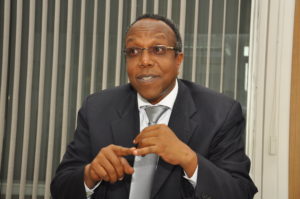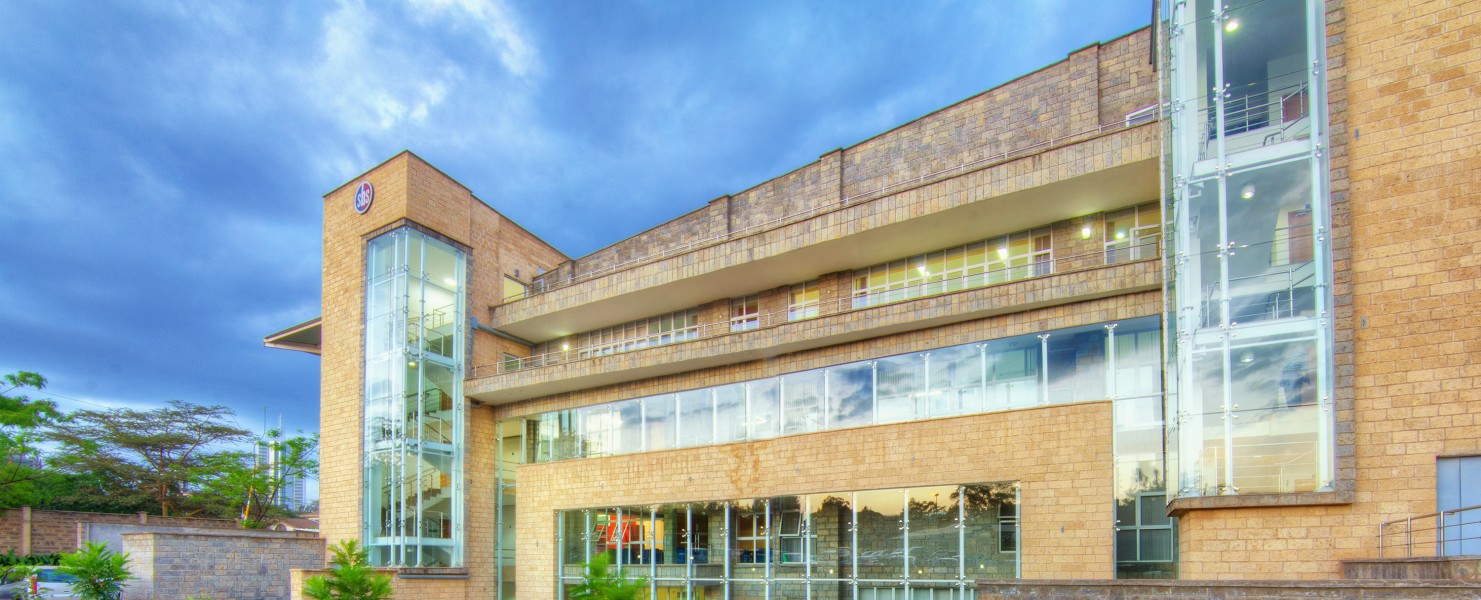How Strathmore Business School (SBS) became one of the most prestigious business institutions in Africa and beyond
By Ben Oduor
Dr George Njenga was not happy!
The founding and current Dean of Strathmore Business School (SBS) witnessed mass exodus of skilled, sharp, and hard-working African scholars to foreign countries in search for greener pastures and better education.
A past report published by the International Organisation for Migration (IOM) on the state of brain drain in Africa confirmed his concern. The continent was losing an estimated 20,000 professionals annually to foreign employers and about 300,000 of them resided and worked outside the continent according to the IOM report.
The emigration, the IOM report notes, was motivated by the individuals’ desire to improve their living conditions either by pursuing studies or seeking better paying jobs.
The exodus left Africa with a staggering shortage of skilled labour, thus forcing most African economies to employ up to 150,000 expatriates at a cost of US$4billion a year, according to the International Office on Migration.

Dr George Njenga, Dean, Strathmore Business School
However, instead of having the long wait to see if the skilled Africans would return to build their continent, or opting to fly with fellow professionals to greener pastures, Dr Njenga wanted to stop Africans from leaving in pursuit of quality higher education in foreign lands.
He was inspired by the great potential the continent had and the opportunities that were being created through innovations in mobile telephony, banking, exciting business ventures and a wealth of unexploited resources. But there were still no institutions that seriously focused on preparing African scholars for the fast-changing African business and economic landscapes.
“The higher learning institutions at the time, especially those that offered business management courses, were more theoretical than practical in their programmes,” says Dr Njenga. “It was imperative that we started an institution that develops leaders from the top.”
Birth of Strathmore Business School (SBS)
Dr Njenga says in order to set up a business school that could rival the likes of Harvard, where some of Africa’s finest went to study, he needed enough funds to hire technocrats, experienced staff, and successful business leaders, but had a thin wallet to lift his idea off the ground.
He approached his employer, Strathmore University, to request for a temporary facility where he could test-gauge his first programmes while he mobilised for capital for the school.
“The university gave me one of the library rooms and two lecturers to start with,” he recalls. And with about 25 students to pioneer an MBA class, Strathmore Business School (SBS), Strathmore University’s graduate business school, was founded in 2005.
Dr Njenga later acquired a loan of KShs.37million along with other internal and external funding, which he used to build the first of the school’s premises, with an infrastructure befit to the standards of international business schools.
SBS also identified IESE Business School, the graduate school of management of the University of Navarra (located in Barcelona and Madrid), as a key partner. The partnership has played a significant role in scaling up the operations and growth of SBS both locally and abroad.
In this partnership, IESE supports SBS in research. Their experienced faculty like Prof Eduardo Martinez Abascal, a professor of Financial Management since 1992, have come in handy in delivering world class training at the now 10 year institution. Currently, the faculty bench comprises of 38 staff, all experienced in various fields.
“Our research and business industry partnerships with the top international education institutions have helped us to realise our vision,” says Dr Njenga.
Additionally, SBS has incorporated an advisory board comprised of top professors, chief executives and entrepreneurs.
The board is currently composed of Prof Terry Ryan, former Director of Planning in the Ministry of Planning and National Development, who also served as the Economic Secretary in the Ministry of Finance for the Kenya government; Sunny Bindra, a Management Consultant and columnist; former MD of East African Breweries Limited (EABL); and three other leading executives.
“With such prominent business faces in the advisory board, the institution would not only market its services, but also provide quality programmes that meet the needs of the modern labour market,” says Dr Njenga.
Broadening scope of training
With an appreciation and clear understanding of the importance of corporate governance, SBS has developed programmes on Healthcare Management, Public Policy and Governance, Sustainability Leadership and Research on Organisations, Work and Family.
Strathmore Institute for Public Policy and Governance for instance, offers Masters in Public Policy and Management, Public Policy Executive Education, Competition Policy Executive Programme, and The Role of Public Policy in Private Sector Development.
The Centre for Sustainability Leadership on its part trains on Value-Driven Leadership in Action, The Change Agent, and African Sustainability Leadership Programme.
Excelling in research and innovation
Additionally, SBS happens to be the brainchild of some of the most innovative products and companies in the East African region today.
Dr Njenga cites M-Shwari, a paperless banking service that enables customers to open and operate an account through the mobile phone, as one of the innovations with roots from the institution.
He also names Brand Strategy and Design Limited, founded by Eva Muraya, as one of the leading advertising and marketing firms in Kenya and its conception was done under the umbrella of SBS.
Innovation, Dr Njenga says, is spurred by group interaction and participatory approach to teaching. This, he argues, gives participants the opportunity to internalise while analysing business challenges.
“We hire experienced lecturers, who engage a participant-centered approach during their lectures. The tutors also develop local case studies with international scope,” says the Dean of SBS.
In addition, SBS works closely with the Strathmore Research and Consultancy Center, which undertakes research and maintains links with the industry. The best case studies attract funding from the institution while others are externally supported.
The institution has also delved into the production of green energy, and sells some of the solar power to national grid Kenya Power as part of a public-private partnership.
Strathmore Business School believes in transformation through virtuous leadership and seeks to impart this ideal to all executives who interact with the institution.

